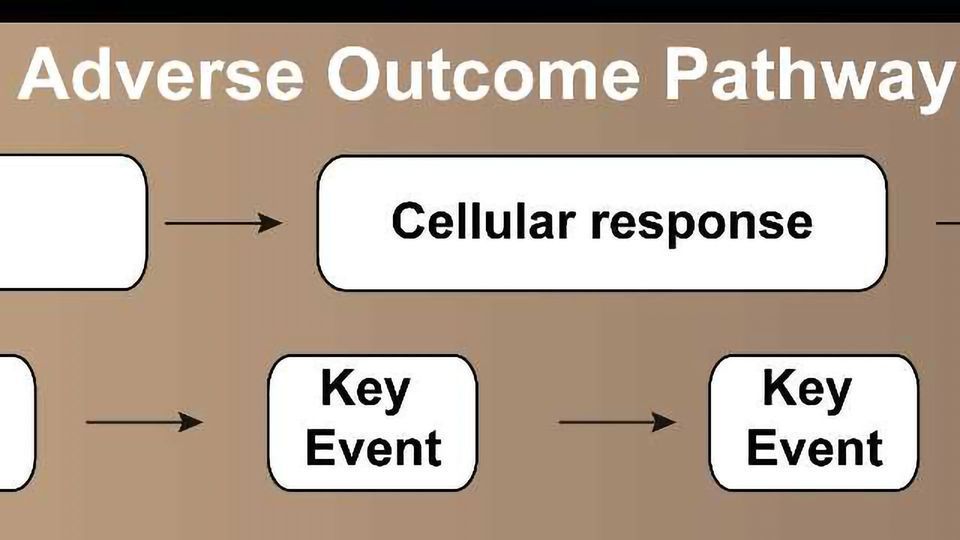Philip Morris International and British American Tobacco Win PETA Award For 3R's work

Complete the form below to unlock access to ALL audio articles.
Scientists from Philip Morris International (PMI) and British American Tobacco (BAT) have received an award from the PETA International Science Consortium Ltd for their contributions to the Adverse Outcome Pathway (AOP) Wiki, a publicly available knowledge base and online encyclopedia created by the European Commission's DG Joint Research Centre (JRC), the U.S. Environmental Protection Agency (EPA), and the Organization for Economic Co-operation and Development (OECD). BAT and PMI have developed two AOPs that map out the potential impact of substances on the circulatory system (hypertension) and on the respiratory system (decreased lung function) respectively and can be accessed at the AOP Wiki (https://aopkb.org/).
 An AOP is a theoretical framework that describes a sequence of events and mechanisms by which substances, such as chemicals, can cause adverse human health effects. These frameworks can be used by scientists and regulators to predict adverse effects and protect human health using non-animal approaches.
An AOP is a theoretical framework that describes a sequence of events and mechanisms by which substances, such as chemicals, can cause adverse human health effects. These frameworks can be used by scientists and regulators to predict adverse effects and protect human health using non-animal approaches.
“AOPs not only open the door to new approaches to toxicological assessment, they also allow for more timely and cost-effective testing that does not rely on long-term epidemiological studies”, said Dr Karsta Luettich, Principal Scientist, PMI. “This will be of considerable benefit to research scientists, chemical and consumer product industries and also to regulatory bodies. PMI and BAT are committed to the ‘3Rs’ strategy to replace, reduce and refine animal testing, and we hope that scientists in other fields and industries will utilize these AOPs in their own toxicological assessment work.”
The award includes a financial prize that PMI and BAT have donated to PETA International Science Consortium to support ongoing AOP scientific activities. Dr Marianna Gaca, Pre-Clinical Assessment Manager, BAT, commented: “We are delighted that the PETA International Science Consortium have recognized our joint contribution to the AOP Wiki. This award recognizes the recent collaborative efforts made by BAT and PMI scientists to share knowledge, experiences and work together to help advance the field of non-animal testing supporting next-generation tobacco and nicotine product risk assessment.”
“The AOPs that PMI and BAT have developed are highly significant in the context of 21st Century Toxicology,” said Dr Amy Clippinger, Associate Director, PETA International Science Consortium. “Not only do they provide a framework for toxicological strategies that do not use animals, they also unlock the potential for deeper levels of scientific understanding than could be achieved with animal tests. The AOP Wiki – a collaborative effort between the OECD, the US Environmental Protection Agency and the European Commission’s Joint Research Centre – is a vital resource in the modernization of toxicology. We greatly appreciate PMI and BAT’s contributions to this important endeavor.” Details of the award are available at http://www.piscltd.org.uk/aop-prize/.
This article has been republished from materials provided by Philip Morris International and British American Tobacco. Note: material may have been edited for length and content. For further information, please contact the cited source.

